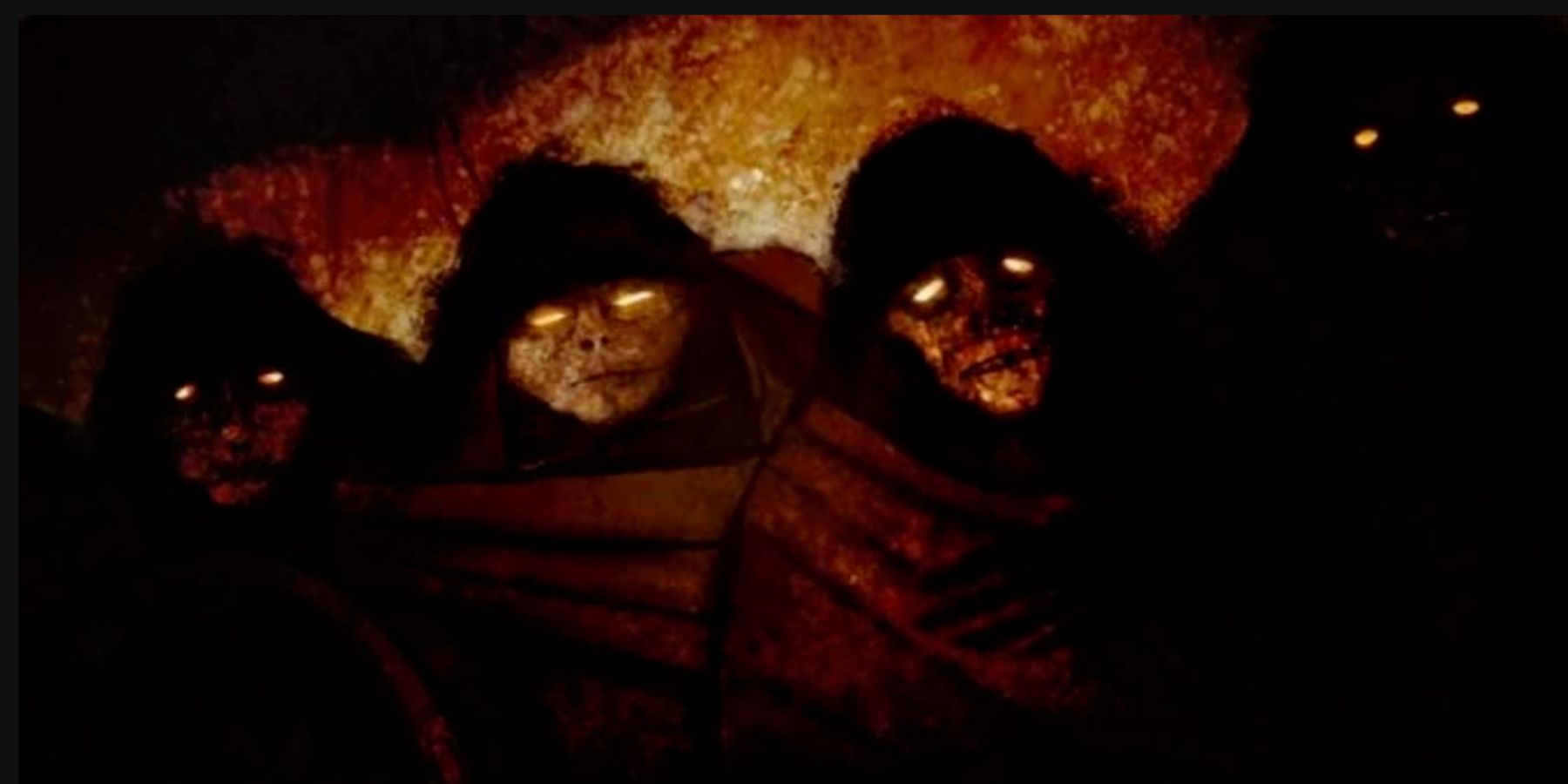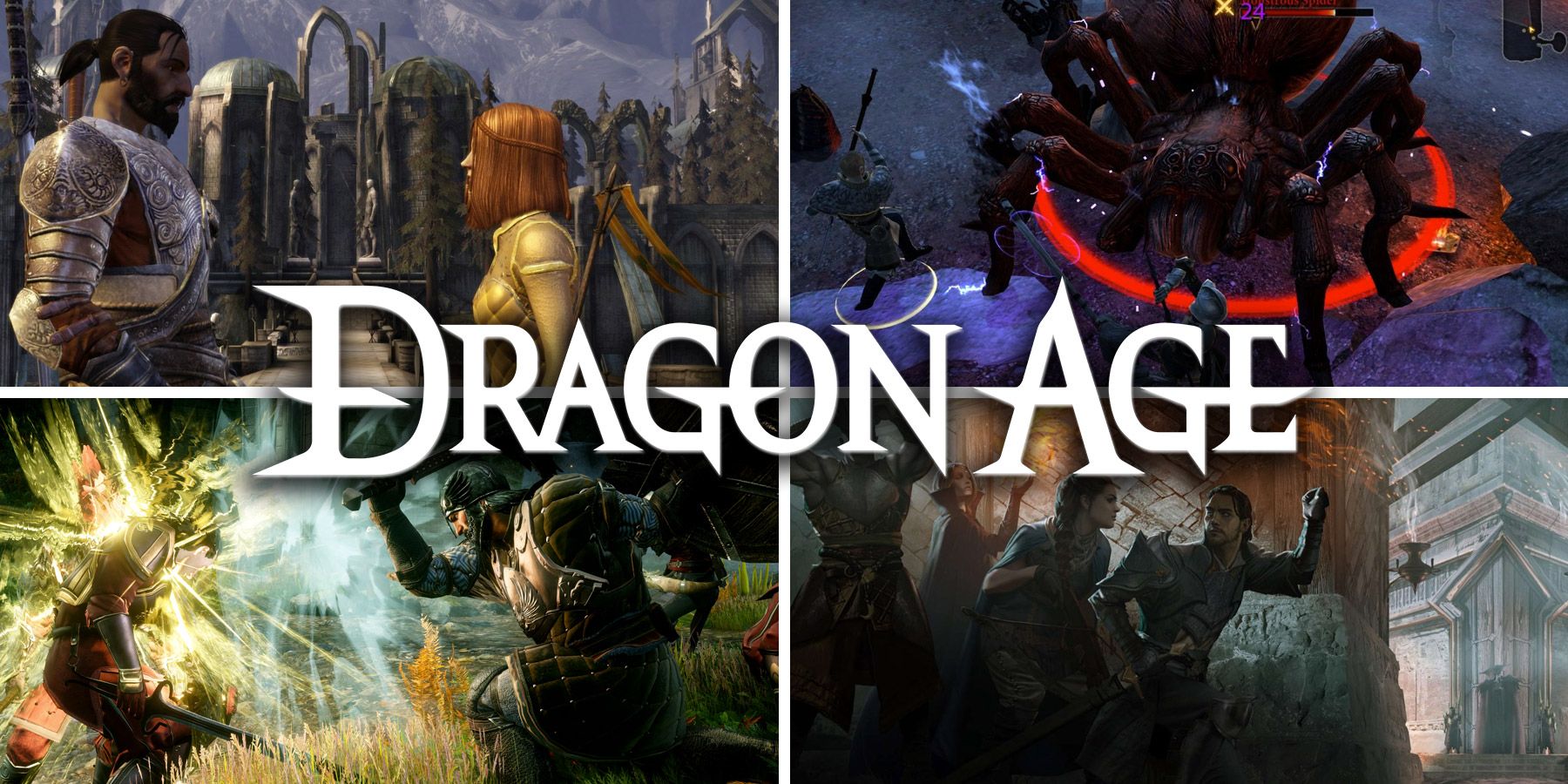
The Dark Secret Behind Dragon Age: Dreadwolf's Chantry Revealed

Prepare for an exhilarating culture clash as Dragon Age: Dreadwolf transports players to Tevinter, where the enigmatic Black Divine challenges the rules of the Chantry Get ready to unravel the origins of this intriguing figure in the highly anticipated game
The release of Dragon Age: Inquisition brought about significant changes to the political dynamics of Southern Thedas, particularly in relation to the Chantry. Previously, the Chantry held complete authority over the Circles of Magi and the Templars. However, depending on the choices made throughout the game and the outcome of the story, Inquisition could greatly diminish the Chantry's influence, reducing it to a mere fraction of its former power.
With the upcoming game Dragon Age: Dreadwolf, the narrative will shift from Southern Thedas to the northern region of Tevinter. Here, a completely different political landscape awaits, along with a Chantry that may bear little resemblance to its southern counterpart. Despite sharing the same religious beliefs and worshiping the Maker, Tevinter's Chantry deviates significantly from the Chantry in Southern Thedas, potentially presenting an even more daunting and troubling institution.
The Origins of the Black Divine in Dragon Age
The Chantry in Tevinter, also referred to as the Imperial Chantry, was established by Archon Hessarian after the execution of Andraste. However, the emergence of the Orlesian Chantry led to divisions, primarily due to differing interpretations of Andraste's proclamation that "Magic exists to serve man." The Imperial Chantry believes that this means the magisters have a responsibility to govern those without magical abilities.
In the present-day Thedas, the Divine of the Imperial Chantry is always a mage and a member of the Imperial Circle of Magi. In contrast to the Orlesian Chantry, the Divine of the Imperial Chantry is always male. Informally, the Divine of the Imperial Chantry is known as the Black Divine, a term not used in Tevinter, where they are referred to as the True Divine. As of 9:27 Dragon, the incumbent Black Divine is Urian Nihalias, who may still hold this position during the events of Dragon Age: Dreadwolf.
The Imperial Chantry's association with the magisters is inseparable, as it plays a significant role in facilitating Tevinter's reliance on blood magic and slavery. According to Fenris in Dragon Age 2, the Imperial Chantry receives a tithe for each slave sold, while Dorian reveals in Dragon Age: Inquisition that a majority of magisters in the Imperial Magisterium practice blood magic. As players venture into Tevinter in Dragon Age: Dreadwolf, they will confront these two grim realities, surpassing even the darkest actions of the Orlesian Chantry.
The Role of the Chantry in Dragon Age: Dreadwolf
Because of the significant influence the Imperial Chantry holds in Tevinter's political landscape, it is highly probable that the organization will play a substantial role in Dragon Age: Dreadwolf. It is likely to be portrayed as a sinister antagonistic force. Irrespective of the players' stance on Solas, his fight against slavery is an issue that garners widespread agreement. This crusade poses a direct threat to the Imperial Chantry, which openly benefits from the institution of slavery.
In regards to blood magic, while it is not inherently morally corrupt, the Chantry's magisters employ it in a highly unethical manner. These magisters often sacrifice the lives of their elven slaves to enhance their own magical abilities. The player character's relationship with the Imperial Chantry is heavily influenced by their societal standing. If they hold the position of a magister or a high-ranking mage, Dragon Age: Dreadwolf might present an opportunity for the player to bring about change within the Chantry, similar to what occurred with the Orlesian Chantry in Dragon Age: Inquisition.
An alternative option could involve collaborating with Dorian and his group of reformers. Dorian has been featured in concept art for Dragon Age: Dreadwolf and has appeared in official content during the intermission between the two games. Alternatively, aligning with Solas in his pursuit of freeing slaves and causing chaos in Tevinter as a whole may be a more viable path. In this scenario, the downfall of the Imperial Chantry could be seen as a necessary outcome, as certain things perhaps should not be preserved.
Dragon Age: Dreadwolf is in development.














